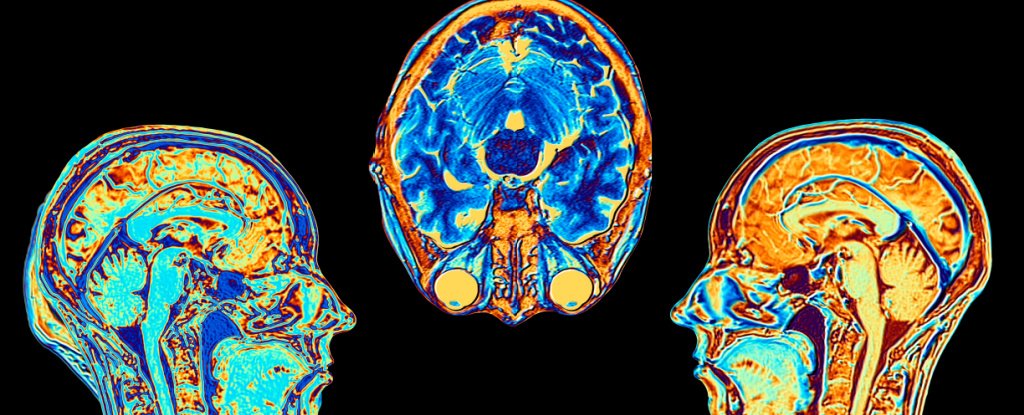Infection
Brain Function Can Still Be Affected by COVID Years After Infection, Study Finds
Long COVID can live up to its name. A new study shows that certain symptoms of the condition, such as brain fogginess, can still be experienced in people with long COVID two years after the original infection.
A team from King’s College London and Imperial College London in the UK looked at the cognitive test performance of 3,335 people infected by SARS-CoV-2 at some point during the pandemic. The tests measured different capabilities, including memory, attention, reasoning, processing speed, and motor control.
Those who struggled most with the brain tests also reported COVID-19 symptoms lasting for 12 weeks or more, the researchers found.
The impact on cognitive ability was comparable to a 10-year increase in age, on average.
There were two rounds of tests, nine months apart, with the second round carried out nearly two years after the SARS-CoV-2 infection. The data showed no improvement in scores between the two rounds for those experiencing long COVID.
“Our findings suggest that, for people who were living with long-term symptoms after having COVID-19, the effects of the coronavirus on mental processes such as the ability to recall words and shapes are still detectable at an average of almost two years since their initial infection,” says data scientist Nathan Cheetham from King’s College London
There is some more positive news here as well, though. Participants who reported feeling fully recovered from the virus were posting test scores comparable to those who had never had COVID-19. That shows recovery is possible, even for those experiencing several months of symptoms.
This study adds to the growing body of research on long COVID. Scientists have found that the condition can cause noticeable changes to the body’s immune system and has an effect on the brain similar to chronic fatigue.
According to the World Health Organization, the number of people living with long COVID is in the tens of millions. It can have a detrimental effect on just about every aspect of daily life and work, and yet there’s no cure.
The team behind this latest study wants to see more research looking at the mechanisms behind long COVID, and more support for those who find that their symptoms persist for months or even years after getting the virus.
“The fact remains that two years on from their first infection, some people don’t feel fully recovered, and their lives continue to be impacted by the long-term effects of the coronavirus,” says Claire Steves, a clinical aging and health researcher at King’s College London.
“We need more work to understand why this is the case and what can be done to help.”
The research has been published in eClinicalMedicine.

